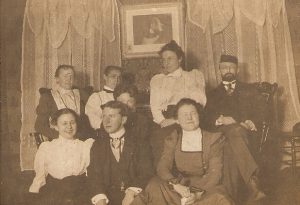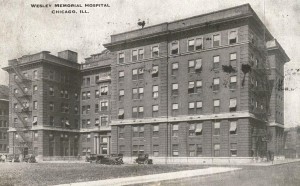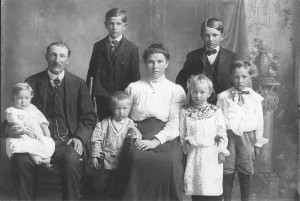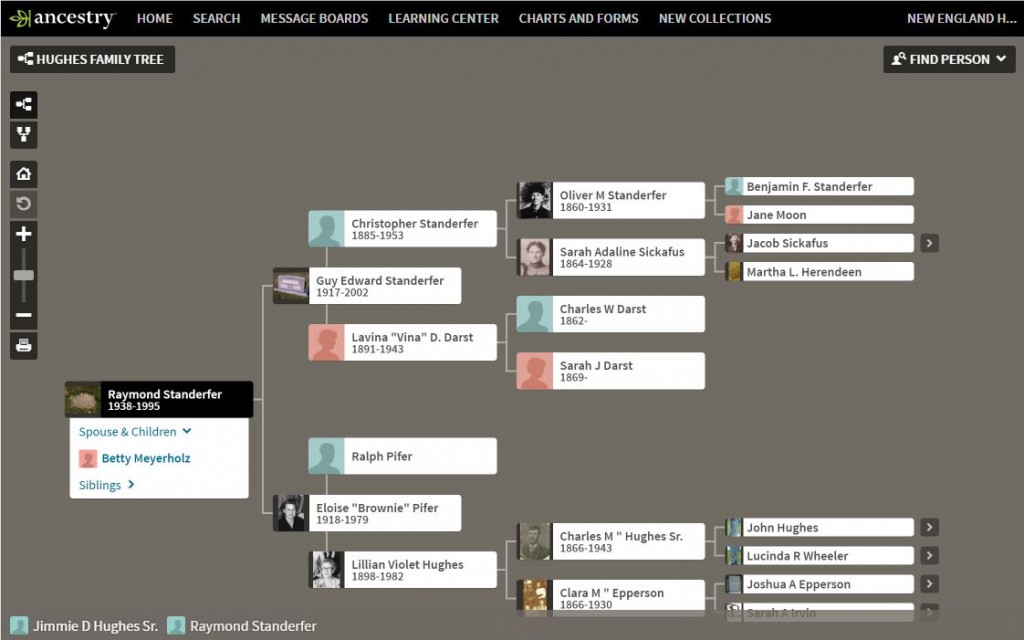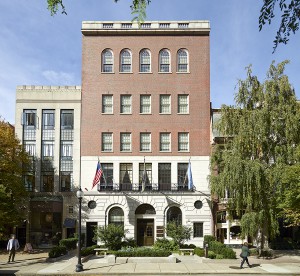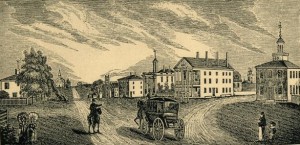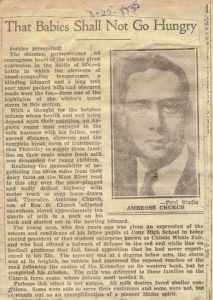 One of the most thoughtful gifts my son has ever given me is a small, black journal with blank pages which I carry with me every day. Kevin’s instructions to me at the time were to write down my memories as well as my family’s memories and stories. His good intentions became my inspiration and abiding interest, my focus in my family history research, and my obligation. Scribbling madly, I started asking for stories to preserve for our following generations.
One of the most thoughtful gifts my son has ever given me is a small, black journal with blank pages which I carry with me every day. Kevin’s instructions to me at the time were to write down my memories as well as my family’s memories and stories. His good intentions became my inspiration and abiding interest, my focus in my family history research, and my obligation. Scribbling madly, I started asking for stories to preserve for our following generations.
I soon understood that there is a significant difference between stories and memories. Memories are the foundation and basis for the stories they may become as time puts them in a different context. While some are skeletons in the making, our family stories give us a better understanding of our ancestors’ characters and their perspectives on their world, as well as some insight into their actions and motivations. Continue reading The little black book
